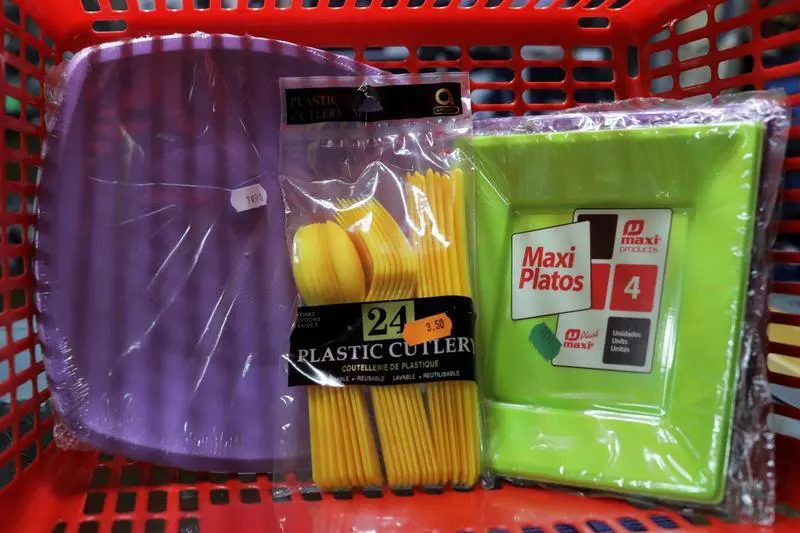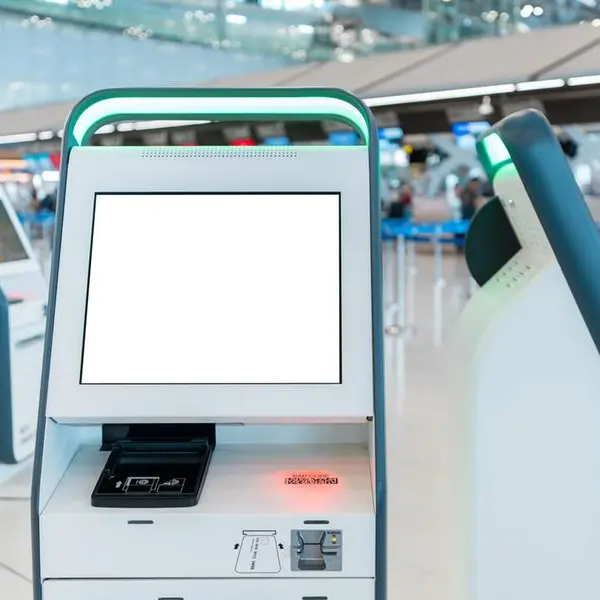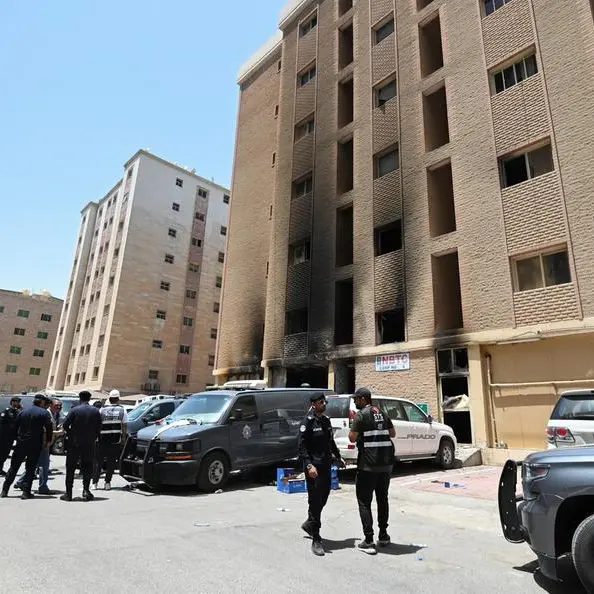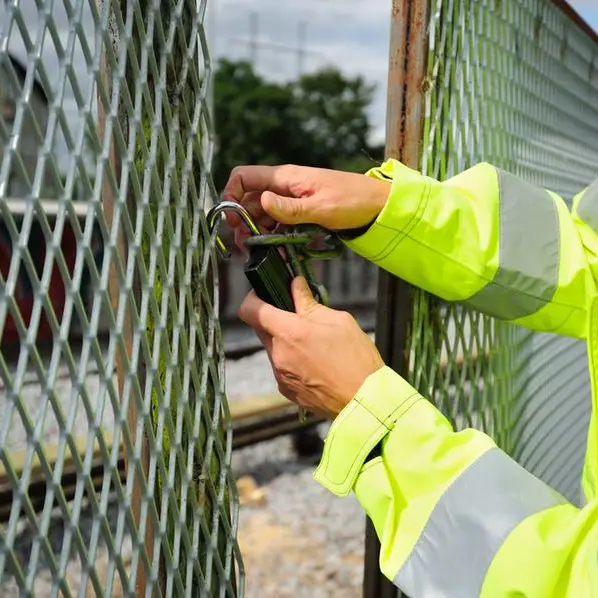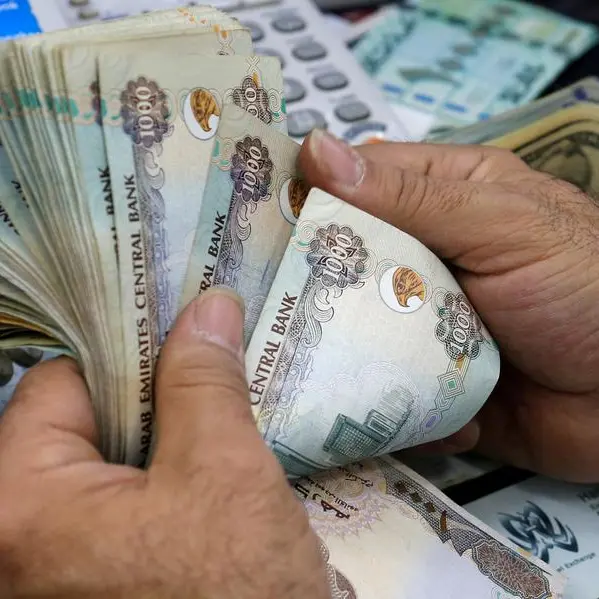PHOTO
UAE - Starting July 1, a mandatory tariff of 25 fils will be applied to all single-use bags made from plastic, paper, biodegradable plastic, and plant-based biodegradable materials, clarified Dubai Municipality.
The tariff would be charged on bags that are 57 micrometres thick, the Municipality said in a new list of guidelines released recently. A micrometre is one-thousandth of a metre, and the thickness of the plastic bags determines its strength. The thicker the plastic, the higher the cost.
“Each bag less than 57 micrometres thick, including bags made of plastic, paper, biodegradable plastic and plant-based biodegradable materials, will be charged 25 fils at the point of purchase at commercial outlets,” said the Municipality.
All stores must apply a charge of 25 fils for each single-use bag, and a different charge can be placed on sustainable or reusable alternatives if provided by the store. Moreover, stores are not obligated to provide free alternatives as the goal is to push a change in consumer behaviour in order to preserve the local environment, said the authority.
Here are some points of note for commercial outlets:
The charge is mandatory for all shops that use single-use bags to carry goods.
Yes, but the charge applies to the alternatives if the specifications match the single-use bags for carrying goods.
The charge will be applied to start from July 1, 2022, until the complete ban within two years.
Yes, there is a period of four months for the application of the charges, and then two years for banning the use of single-use bags while the items to be banned will be specified at a later date.
It can be added like any other item recorded on the bill at the time of purchase.
There is no cap on the number of bags sold per consumer, but we recommend that employees at payment points be trained to rationalize the use of bags when packing and delivering purchases.
The charge is not calculated if the consumer brings his own bags.
Transfer of revenue belongs to the private sector although we recommend that it be donated to support sustainable initiatives either through the company or through local environmental and community associations.
Points for note for citizens and residents
Single-use carrier bags are a major source of litter and pollution in our environment. These bags do not decompose until after a very long period of time and are used only once – perhaps twice – before they are disposed of. Most of them are used only once to take goods from the store to the house.
Regarding other single-use bags, it should be noted that alternatives often have a larger environmental footprint than plastic bags although they are easier to manage at the disposal stage and cause less environmental and health damage, provided they are used properly. For example, the production of paper bags is also harmful to the environment and leads to the cutting of large quantities of trees and the consumption of great resources and energy, and therefore its use also requires the payment of fees.
Single-use plastic bags have a lower environmental footprint than paper bags in the manufacturing stage, but their damages lie in the disposal stage. Paper bags have between three to seven times the environmental footprint of plastic bags in the manufacturing stage.
The minimum charge for single-use bags is 25 Fils and there is no limit to the number of bags purchased.
The bag will be recorded as a purchased item on the purchase bill itself.
No. The charge is only on single-use bags for carrying goods that are taken from the store when purchasing the goods.
No, the charge applies to all stores that use single-use bags to carry goods, including, for example, retail stores, restaurants, pharmacies, e-commerce services and delivery services.
The charges will be applied to start from July 1, 2022, while the ban will apply in two years. The items to be banned will be specified at a later date.
Yes, you can bring bags and carriers to use instead of buying plastic bags from the store, this is the sustainable practice that is encouraged.
Most multi-use shopping bags are made from materials that are cleanable, washable and recyclable.
The charge will be applied to all single-use bags used to carry goods at the point of purchase according to the following specifications:
Each bag is less than 57 micrometres thickness
Includes bags made of plastic, paper, biodegradable plastic, oxo-plastics and plant-based biodegradable materials
Biodegradable plastic bags have environmental damage and therefore a 25 fils charge will apply to them as well. Biodegradable plastic bags do not completely decompose but leave behind micro-plastics that can be consumed by the marine life we eat. As the objective of the policy is to reduce single-use bags, plant-based single-use bags are also included under the tariff.
The policy does not include packing bags for vegetables, fruits, meat and fish. The policy includes only single-use bags for “carrying goods”.
The policy applies to online purchase sites if they use single-use bags to carry goods.
By registering a complaint with the consumer protection channels of the Department of Economy and Tourism in Dubai through the “Dubai Consumer” application on smartphones, the website www.consumerrights.ae or the Call Center 600545555.
- dhanusha@khaleejtimes.com
Copyright © 2022 Khaleej Times. All Rights Reserved. Provided by SyndiGate Media Inc. (Syndigate.info).
A Staff Reporter
